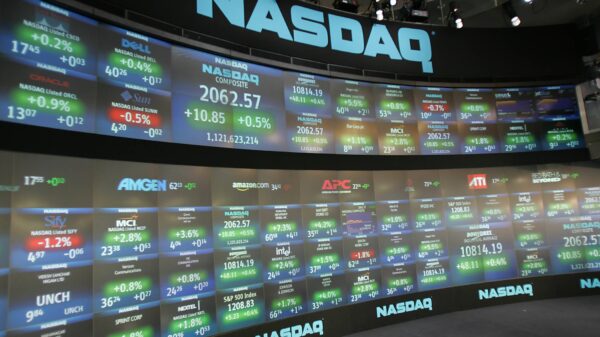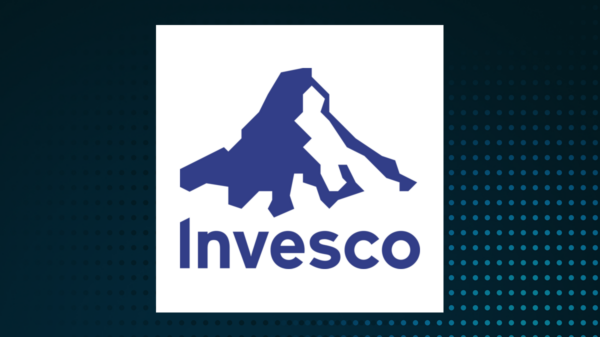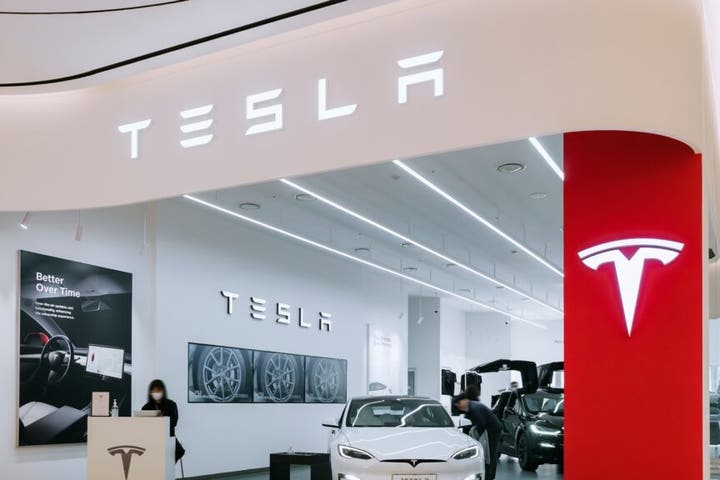Tesla Inc. has launched the **6-seater version** of its popular Model Y SUV in China, named the Model Y L, priced at **339,000 RMB** (approximately **$47,184**). This release comes as the company faces significant challenges in global sales, with recent reports indicating a marked downturn in performance across multiple regions.
The Model Y L offers an impressive range of over **467 miles** based on the Chinese light-duty vehicle testing cycle (CLTC) and is equipped with an **82 kWh battery**. It features an all-wheel-drive system and comes with **19-inch wheels**. Tesla additionally offers an option for **Full Self-Driving (FSD)** capabilities for an extra **64,000 RMB** (around **$8,907**), although the term FSD is not used in the Chinese market.
Strategic Expansions Amid Global Challenges
The introduction of the Model Y L aligns with Tesla’s strategy to expand its offerings in China, a critical market for electric vehicles (EVs). Alongside the Model Y L, Tesla is also set to release the **Model 3+ sedan**, which is anticipated to provide over **500 miles** of range on a single charge.
Despite these product launches, Tesla is currently navigating a decline in sales. The company recently initiated discounts on monthly lease payments in the UK after experiencing a staggering **60% drop** in sales for July. This trend highlights the challenges that Tesla is encountering in maintaining its market position.
Interestingly, despite the overall global sales slump, Tesla’s performance in **Norway** has bucked the trend. The company recorded a **24% increase** in units sold, with **13,039 units** registered in the first half of the year. This success in Norway contrasts sharply with the difficulties experienced in other markets.
BYD Leads the Charge in Global EV Sales
In the competitive landscape of electric vehicles, rival company **BYD Co. Ltd.** continues to outperform Tesla, claiming the top position in global new energy vehicle (NEV) sales. BYD has captured over **18.3%** of the total global EV market share, underscoring its growing influence in the industry.
Tesla’s performance metrics indicate a strong position in terms of momentum and growth, though it receives mixed reviews on quality and value. As the EV market evolves, the competition is intensifying, prompting manufacturers to adapt rapidly to consumer demands and market dynamics.
With new models and strategic pricing, Tesla aims to reinvigorate its sales while responding to the competitive landscape, particularly as rivals like BYD continue to make significant inroads. The coming months will be crucial for Tesla as it seeks to navigate these challenges and leverage its innovative offerings in a rapidly changing market.








































































